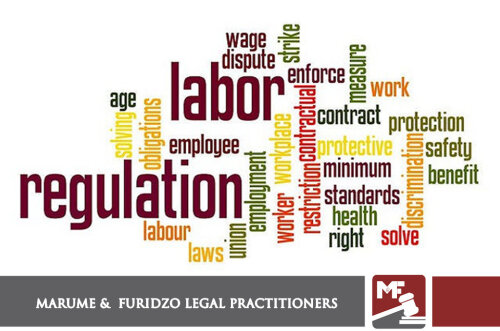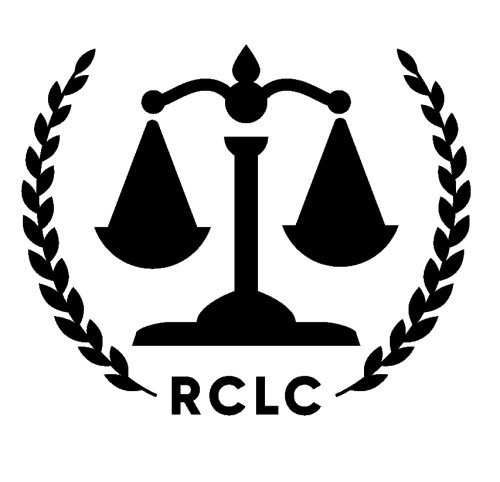Best Collaborative Law Lawyers in Harare
Share your needs with us, get contacted by law firms.
Free. Takes 2 min.
Free Guide to Hiring a Family Lawyer
List of the best lawyers in Harare, Zimbabwe
About Collaborative Law in Harare, Zimbabwe
Collaborative Law in Harare, Zimbabwe, is evolving as a progressive approach to dispute resolution, particularly in family law matters. Unlike traditional litigation, Collaborative Law promotes a cooperative environment where parties work together with their lawyers to reach amicable solutions. This method emphasizes mutual respect, open communication, and shared decision-making, thus minimizing conflict and fostering positive, long-term relationships.
Why You May Need a Lawyer
Engaging a lawyer in Collaborative Law is crucial for various reasons. Common situations include divorce or separation, where preserving a functional relationship post-divorce is beneficial, particularly when children are involved. Collaborative Law is also applicable in business conflicts where maintaining professional relationships is vital. With a lawyer's guidance, all parties ensure the process complies with legal standards, enables informed decisions, and successfully mediates outcomes without judicial intervention.
Local Laws Overview
In Harare, Collaborative Law focuses on enabling parties to settle disputes within the legal frameworks of Zimbabwe's family or business law. Key aspects include confidentiality clauses, ensuring that discussions in the collaborative process are not used later in court proceedings. Zimbabwe's legal system encourages amicable resolutions and mandates that attorneys are specially trained in collaborative techniques to participate in such processes, illustrating a commitment to effective dispute resolution.
Frequently Asked Questions
What is Collaborative Law?
Collaborative Law is a legal approach where parties resolve disputes outside court, working together with their lawyers to reach a mutually beneficial agreement.
How does Collaborative Law differ from traditional litigation?
Unlike litigation, Collaborative Law is non-adversarial, encouraging cooperation between parties to find solutions without judicial intervention.
Is Collaborative Law applicable in all legal disputes?
While primarily used in family law, particularly divorces, it can also apply to civil disputes like business disagreements, provided all parties agree to the process.
What if the collaborative process fails?
If a resolution isn't reached, parties can pursue traditional litigation, though the collaborative attorneys typically won't represent the clients in court.
Do I still need a lawyer in Collaborative Law?
Yes, having a lawyer ensures discussions adhere to legal standards and aids in understanding legal rights and obligations fully.
Is Collaborative Law confidential?
Yes, the process is confidential, and information disclosed can't be brought up in court if the process fails and litigation ensues.
What should I expect in terms of cost?
While Collaborative Law can potentially be more cost-effective than trial litigation, costs may vary based on complexity and duration.
How long does the collaborative process take?
The timeline can vary but is generally shorter than court proceedings as parties have more control over the pace.
Are there specific regulations for Collaborative Law in Zimbabwe?
While not extensively regulated, lawyers involved must be trained in collaborative methods, following broad guidelines under Zimbabwe's legal system.
What if my spouse refuses Collaborative Law?
Both parties must agree for Collaborative Law to proceed; otherwise, you may need to seek alternative legal routes.
Additional Resources
For those seeking further information or assistance, contacting the Law Society of Zimbabwe could be useful. Additionally, organizations such as the Zimbabwe Women Lawyers Association and private practice law firms specializing in family law offer resources and guidance on Collaborative Law.
Next Steps
If you require legal assistance in Collaborative Law, start by consulting with a lawyer experienced in the field. Schedule an initial consultation to discuss your situation and explore the feasibility of the collaborative process for your case. Ensure that all parties involved are open to this approach, as their willingness is crucial for a successful outcome.
Lawzana helps you find the best lawyers and law firms in Harare through a curated and pre-screened list of qualified legal professionals. Our platform offers rankings and detailed profiles of attorneys and law firms, allowing you to compare based on practice areas, including Collaborative Law, experience, and client feedback.
Each profile includes a description of the firm's areas of practice, client reviews, team members and partners, year of establishment, spoken languages, office locations, contact information, social media presence, and any published articles or resources. Most firms on our platform speak English and are experienced in both local and international legal matters.
Get a quote from top-rated law firms in Harare, Zimbabwe — quickly, securely, and without unnecessary hassle.
Disclaimer:
The information provided on this page is for general informational purposes only and does not constitute legal advice. While we strive to ensure the accuracy and relevance of the content, legal information may change over time, and interpretations of the law can vary. You should always consult with a qualified legal professional for advice specific to your situation.
We disclaim all liability for actions taken or not taken based on the content of this page. If you believe any information is incorrect or outdated, please contact us, and we will review and update it where appropriate.

















